Anybody who visits Bali can not help but notice kopi luwak for sale in all the tourist shops. There are also tours available to visit coffee plantations that are supposedly responsible for producing this unique coffee. However, after visiting one firsthand and doing some research, it is apparent that it is nothing more than a gimmicky tourist trap. Below is some background information and some reasons why I believe you should not drink luwak coffee.
Related Posts:
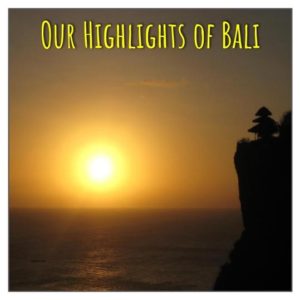 |
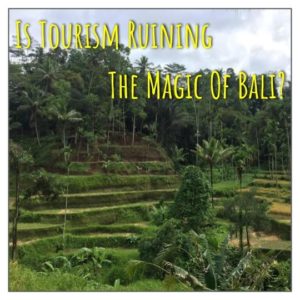 |
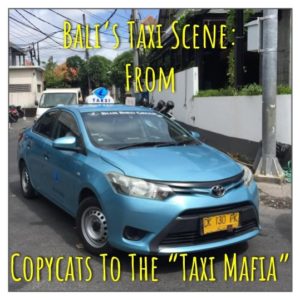 |
What Is It?
Kopi luwak has gained notoriety as the world’s most expensive coffee. It is produced from beans which have been collected from the feces of the Indonesian civet, a cat-like animal. Supposedly, these civets feast on only the ripest and best coffee cherry beans. They excrete the beans without digesting them, which are then collected, cleaned, and roasted. This process creates the so-called best coffee in the world.
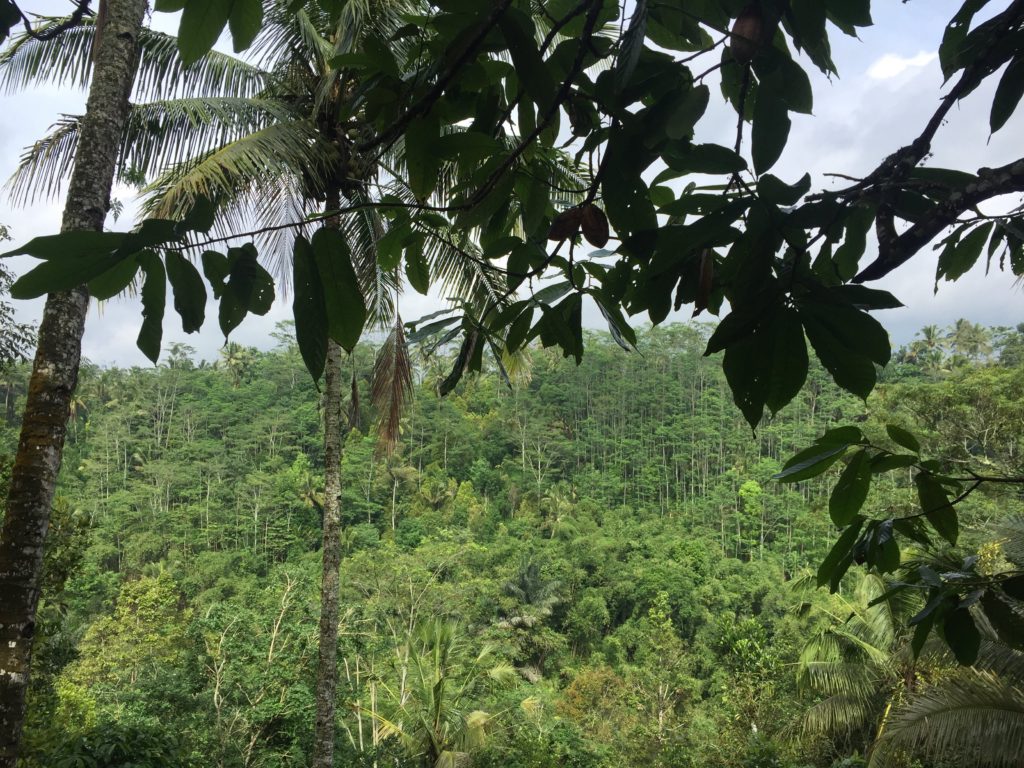
Why It Does Not Make Sense Anymore
It is believed that kopi luwak was discovered in Indonesia during Dutch colonial rule. At this time, Indonesian farmers were prohibited from harvesting coffee cherries for personal use. They had to search to find beans. That is when they discovered that the beans from luwak feces gave them a high quality bean, free from mold or decay which was common at the time.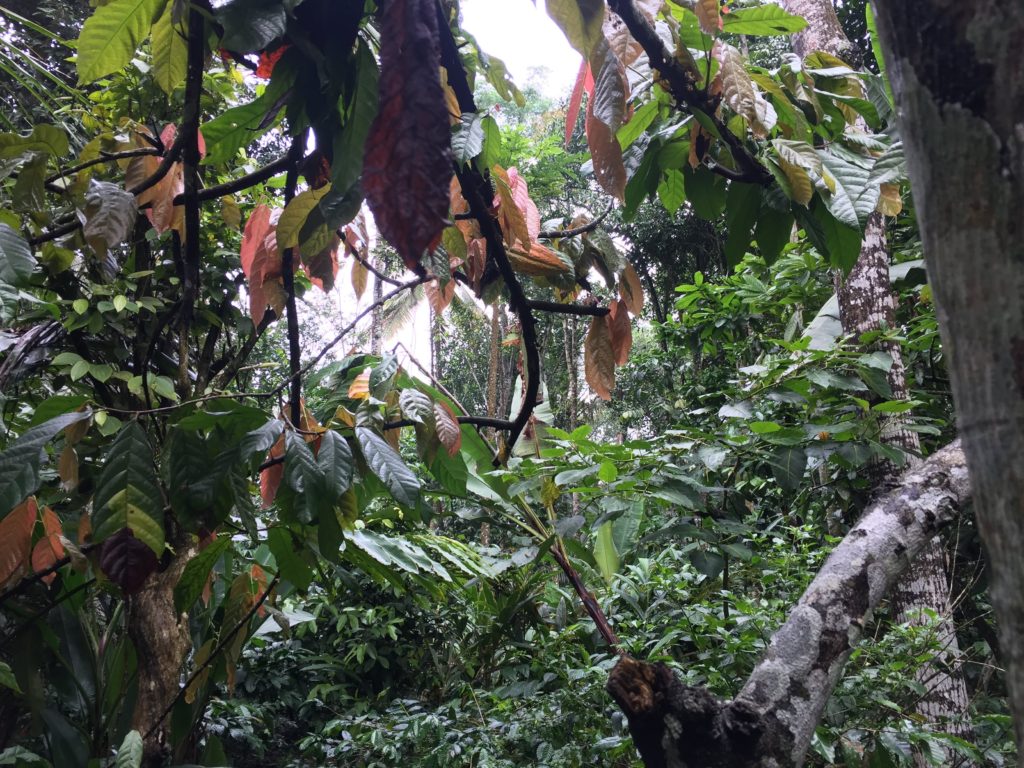
However, in today’s day and age, premium coffee is produced using far more advanced methods using fresh, high quality cherries. There is nothing that makes the luwak coffee any more superior than other coffee.
The Problems
The majority of the kopi luwak for sale is fake:
These beans have been nowhere near a civet! This should not surprise anybody who has been to a Bali market full of vendors selling counterfeit goods.
Much of the authentic kopi luwak has been inhumanely produced:
To find beans digested from luwak in their natural environment is a large undertaking. These animals are nocturnal, have small appetites, and live in solidarity in the rainforest. It would take a considerable amount of resources to find even a small amount of civet droppings. Therefore, to meet tourist demand, luwaks are inhumanely held in cages and fed coffee cherries all day against their will.
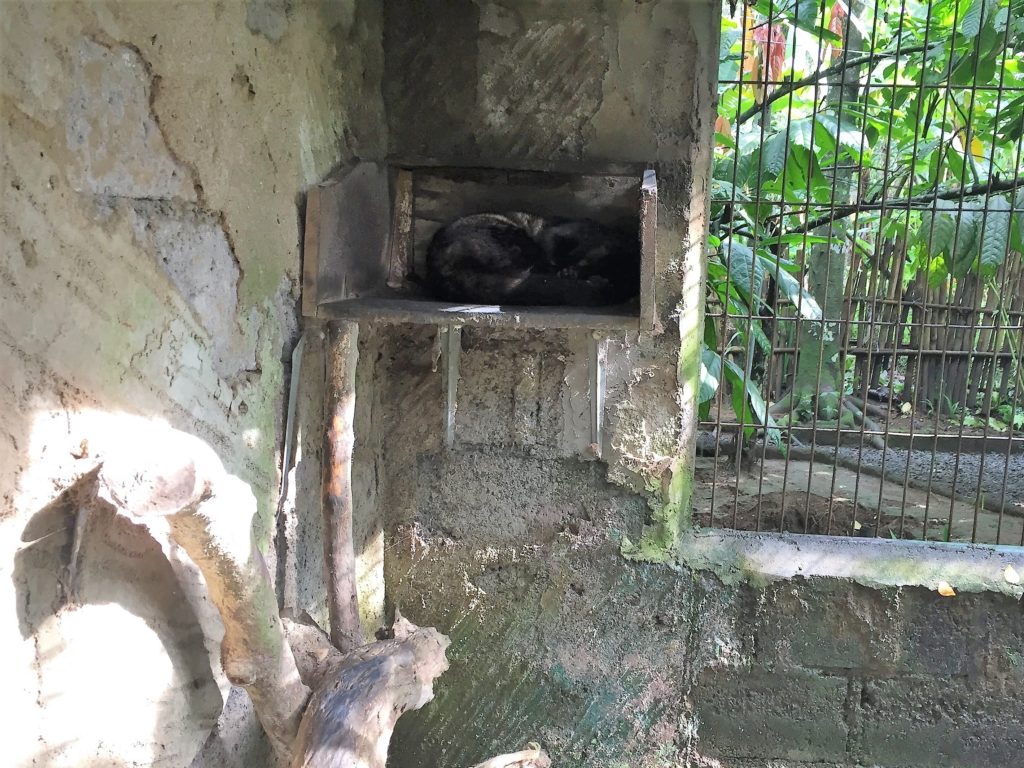
It is unnatural for these animals to be close proximity to each other or to eat excessive amounts of coffee cherries. This leads to health problems, blood in their feces, gnawing at their own legs, fights with each other, and frequent death. Not only that, the coffee cherries have not been selected by the luwak, which defeats the entire purpose! The beans do not come from the carefully selected freshest coffee cherries!
It isn’t even good:
As part of a free tasting, we sampled luwak coffee at a plantation in Bali. It was among the worst coffee we’d had in awhile. These plantations are nothing more than gimmicky tourist traps to persuade people to buy overpriced instant coffee.
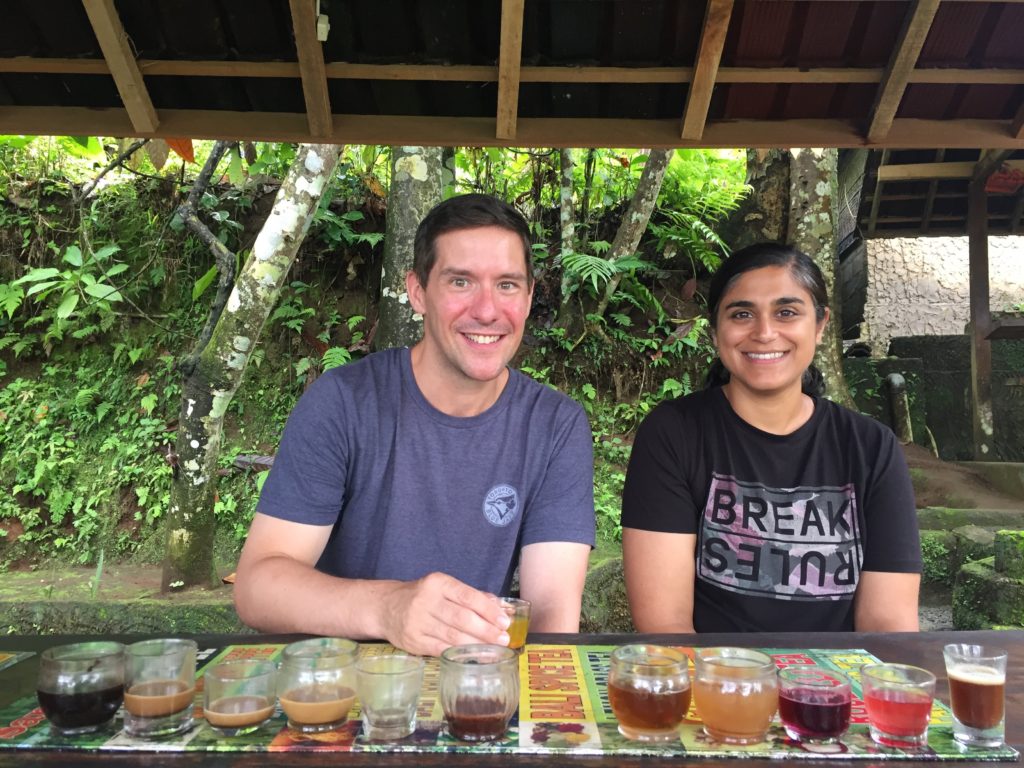
The specific plantation we visited showcased a single civet in a cage for tourists to oogle. Nearby, there was an old lady grinding beans by hand with a large mortar and pestle. We were told that all the beans are ground by hand and all the beans were found in the rainforest naturally. Of course, the caged animal was just to show us what a civet looked like.
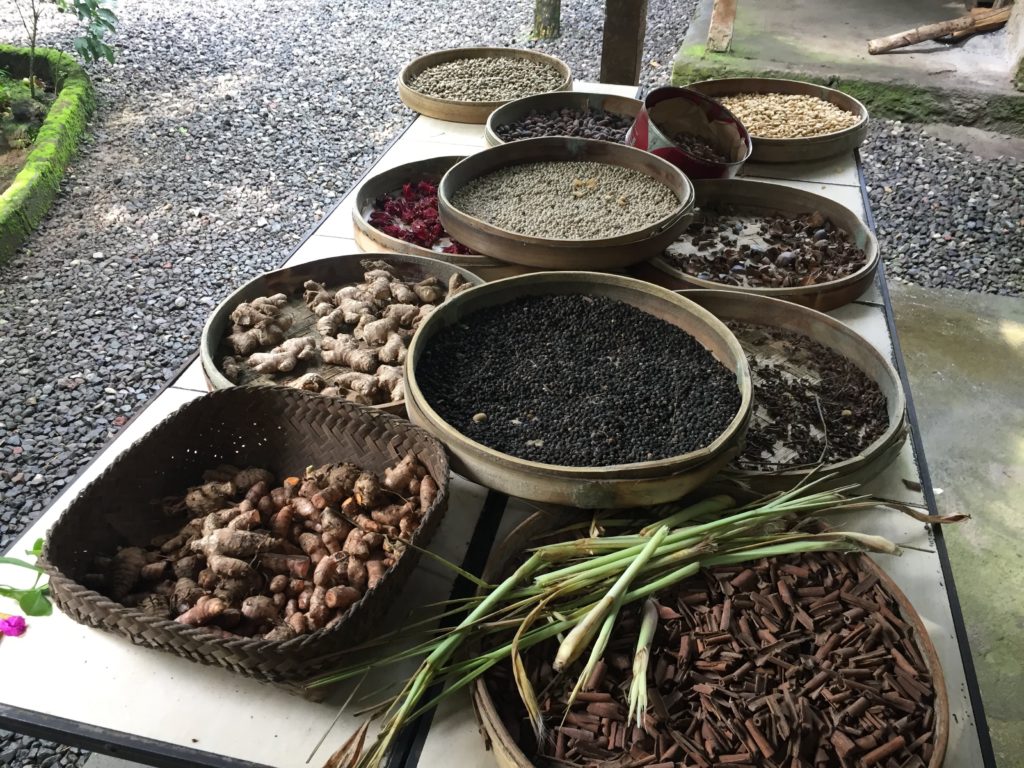
Needless to say, that was a tough story to believe. It was difficult to imagine that any actual coffee was produced on the property. Essentially, the experience was that of an overbearing salesman trying to make a sale.
If you are considering visiting a luwak coffee plantation in Bali, I would strongly suggest reconsidering. Even Tony Wild, the man responsible for first introducing this coffee to the Western world in 1991, has condemned it.
Unfortunately, people still spend upwards of $30-$100 for a single cup of the world’s most expensive coffee. I think I’ll stick with my Colombian brews.

Disclosure: Please note that this site may contain affiliate links to products. We may receive a small commission for purchases made through these links at no extra cost to you.

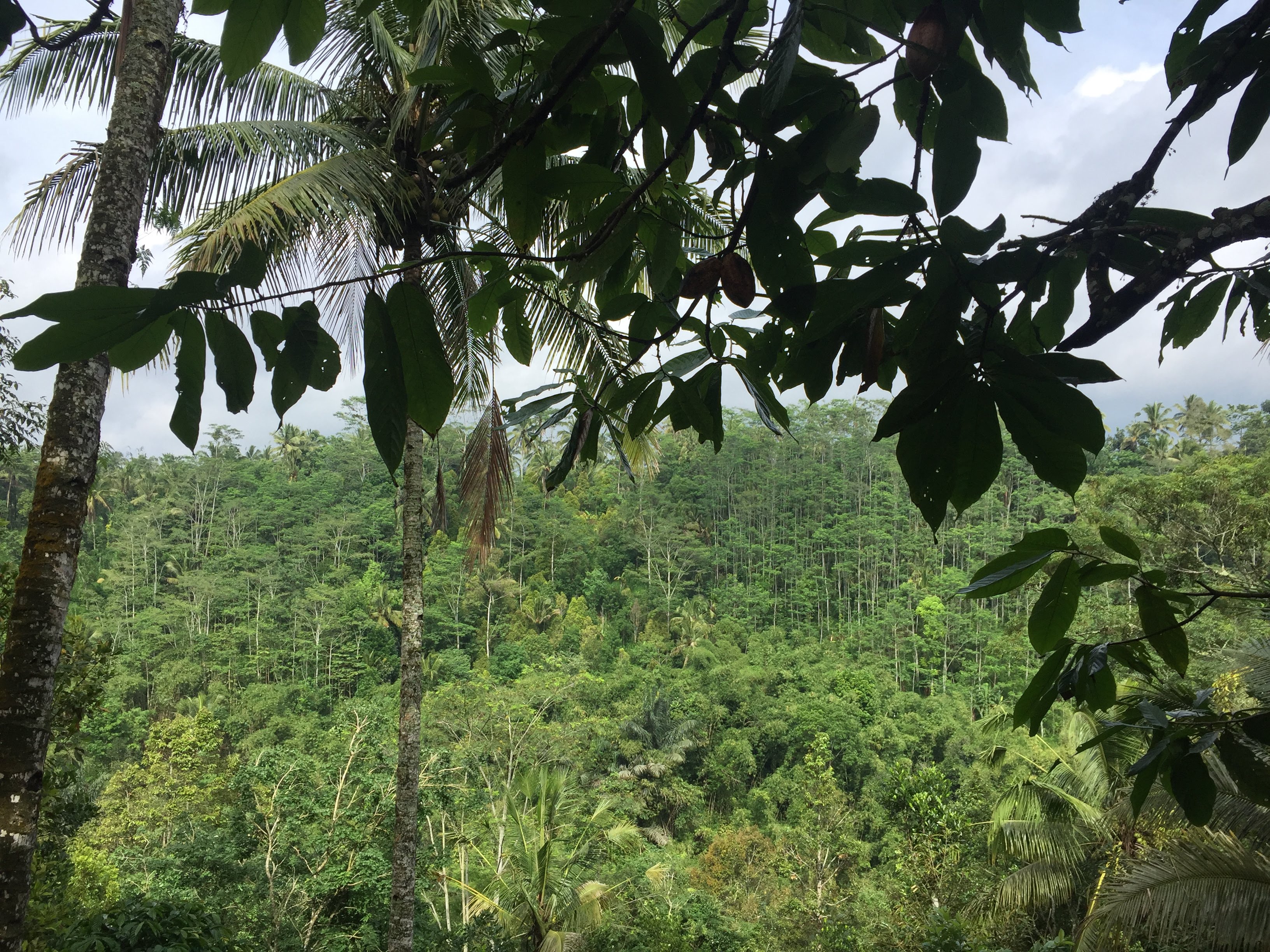
Be First to Comment